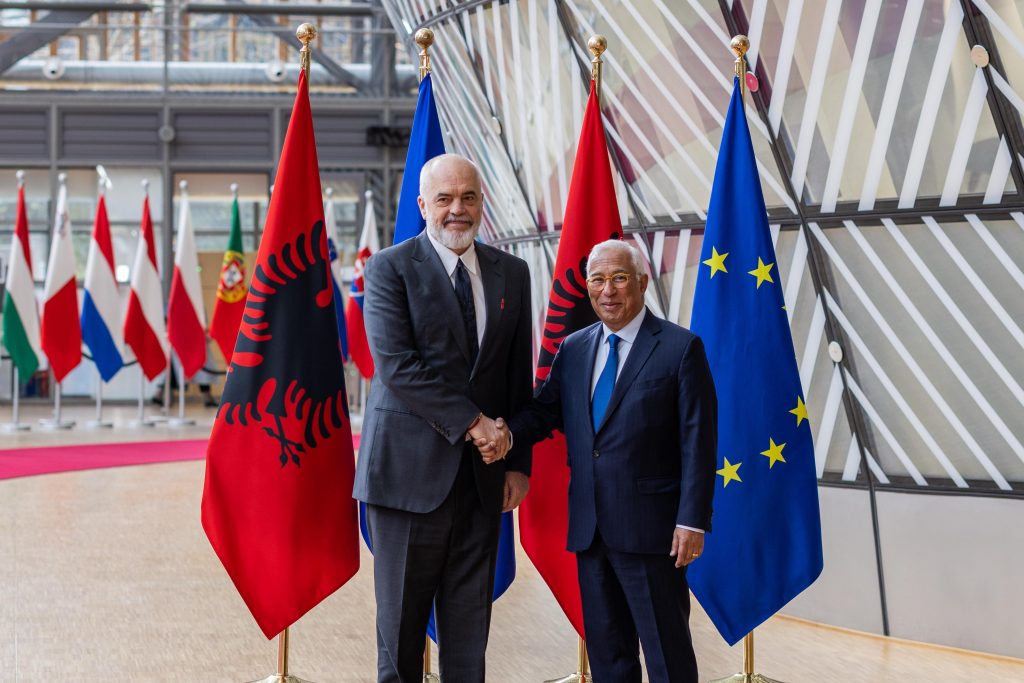Albania has maintained progress on EU integration and regional cooperation but faces growing pressure from Brussels over stalled reforms in rule of law, corruption, and media freedom, according to the European Commission’s 2025 Enlargement Report.
The report credits Albania with completing most of the vetting of judges and prosecutors and strengthening its anti-corruption bodies, including the Special Prosecution Office (SPAK) and the National Bureau of Investigation. The Commission praised Albania’s continued alignment with the EU’s foreign and security policy, including sanctions on Russia, and its constructive role in regional initiatives such as the Common Regional Market and the Western Balkans Growth Plan.
However, the EU’s executive voiced concern over persistent political polarisation, weak parliamentary oversight, and limited progress in electoral reform. The Commission said the “judiciary’s independence remains fragile,” citing continued vacancies, slow court procedures, and interference risks. Despite a growing number of investigations, corruption remains widespread, while high-level convictions are rare.
Media independence also came under scrutiny, with the report noting concentrated ownership, political influence, and intimidation of journalists. Public administration reforms have stalled, with merit-based recruitment inconsistently applied and political influence persisting at all levels.
The report further warned of “serious implementation gaps” in environmental protection and waste management, while calling for faster progress on the energy transition and enforcement of environmental standards.
Overall, the Commission described Albania as maintaining economic stability and a clear pro-EU orientation but urged the government to “restore reform momentum” and strengthen accountability, transparency, and political dialogue to advance toward EU accession.



